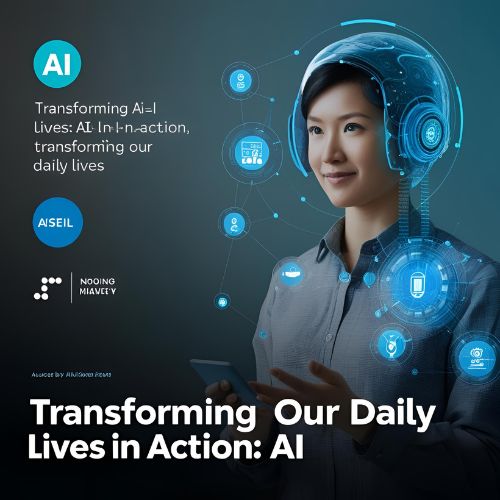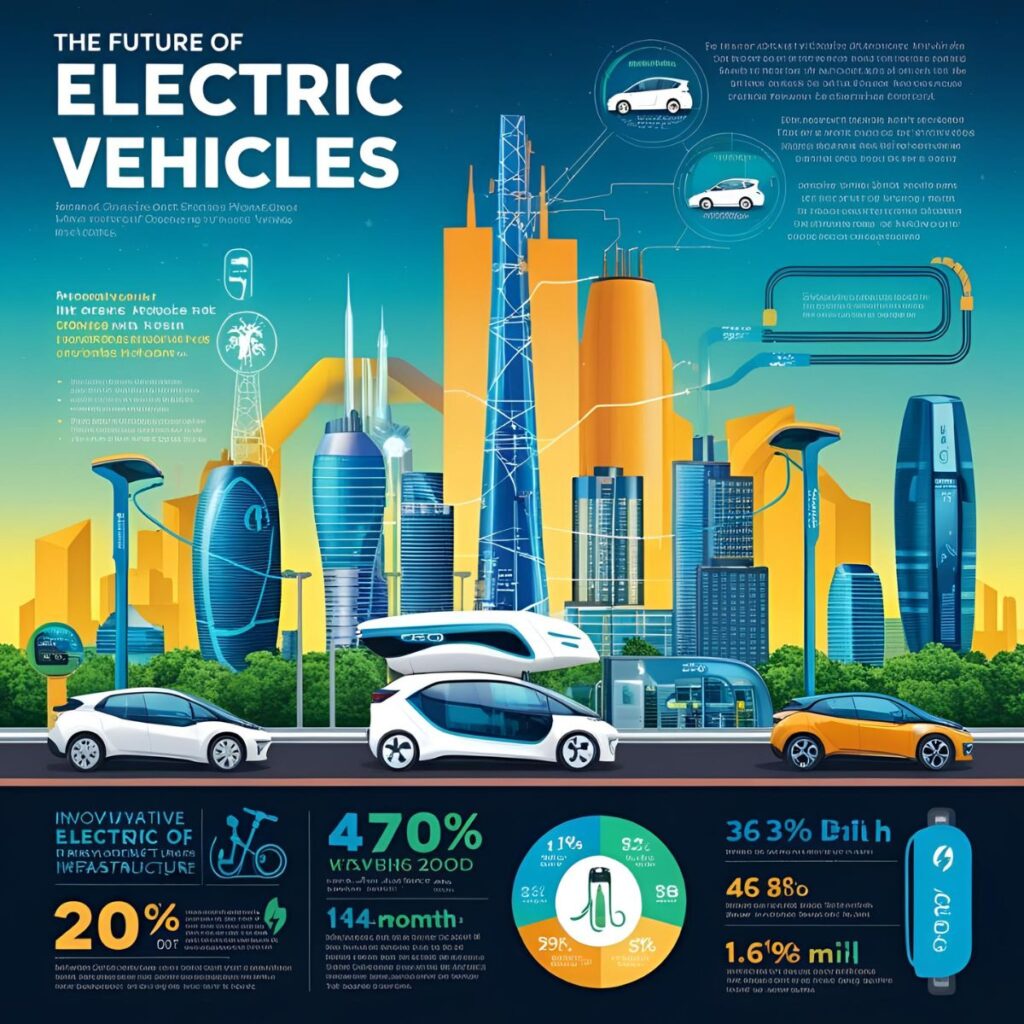Artificial Intelligence (AI) is no longer a futuristic fantasy confined to science fiction movies. It’s a rapidly evolving reality that is fundamentally reshaping how we live, work, and interact with the world around us. From the smartphones in our pockets to the algorithms powering our online experiences, AI is already deeply integrated into our daily lives, and its influence is only set to grow exponentially in the years to come.
Understanding the profound impact of AI is no longer a luxury; it’s a necessity. This powerful technology is driving unprecedented levels of automation, personalization, and efficiency across various sectors, creating both exciting opportunities and important considerations for the future.
Transforming Our Daily Lives: AI in Action
AI’s influence is evident in numerous aspects of our everyday routines:
- Smart Assistants: Virtual assistants like Siri, Alexa, and Google Assistant have become commonplace, helping us with everything from setting reminders and playing music to controlling smart home devices and providing information. These AI-powered tools are constantly learning and improving their ability to understand and respond to our needs.
- Personalized Experiences: AI algorithms analyze our preferences and behavior to deliver personalized recommendations in areas like entertainment (Netflix, Spotify), shopping (Amazon), and news feeds. This tailored approach enhances our user experience and makes it easier to discover relevant content and products.
- Healthcare Advancements: AI is revolutionizing healthcare through applications like medical image analysis for early disease detection, drug discovery, personalized treatment plans, and even robotic surgery. AI can assist doctors in making more accurate diagnoses and providing more effective care.
- Transportation Revolution: Autonomous vehicles, powered by sophisticated AI systems, are rapidly developing. While fully self-driving cars are still evolving, AI is already enhancing driver-assistance features in modern vehicles, making driving safer and more efficient.
- Improved Communication: AI-powered translation tools are breaking down language barriers, enabling seamless communication across the globe. AI is also used in spam filtering, fraud detection, and enhancing cybersecurity measures to protect our digital interactions.
Reshaping the World of Work: AI’s Impact on Industries
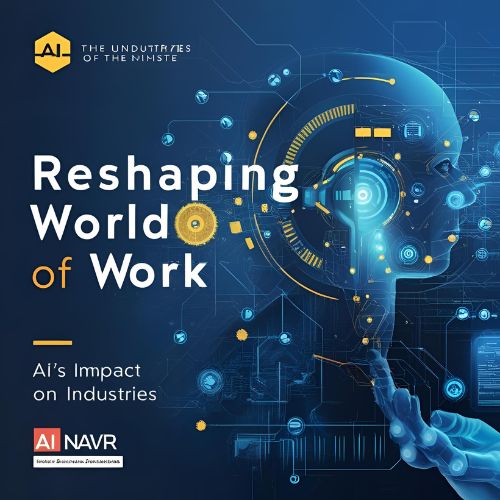
The impact of AI on the workplace is perhaps even more transformative, leading to increased automation, new job roles, and a fundamental shift in how we approach work:
- Automation of Repetitive Tasks: AI and robotics are increasingly taking over repetitive and manual tasks in industries like manufacturing, logistics, and data entry. This frees up human workers to focus on more complex, creative, and strategic endeavors.
- Enhanced Productivity and Efficiency: AI-powered tools can analyze vast amounts of data to identify patterns, optimize processes, and improve decision-making, leading to significant gains in productivity and efficiency across various industries.
- Creation of New Job Roles: While AI is automating some tasks, it is also creating entirely new job roles related to AI development, implementation, maintenance, and ethical oversight. Data scientists, AI engineers, and AI ethicists are just a few examples of emerging professions.
- Improved Customer Service: AI-powered chatbots and virtual assistants are providing instant and efficient customer support, handling common inquiries and freeing up human agents to deal with more complex issues.
- Data-Driven Insights and Decision Making: AI algorithms can analyze complex datasets to provide valuable insights and predictions, enabling businesses to make more informed decisions in areas like marketing, finance, and product development.
The Ethical Considerations and Challenges of AI
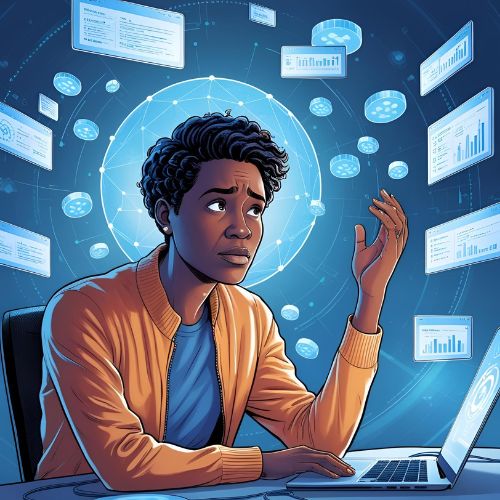
As AI becomes more integrated into our lives, it’s crucial to address the ethical considerations and challenges that come with this powerful technology:
- Job Displacement: Concerns about job displacement due to automation are valid and require proactive measures like retraining and upskilling initiatives to prepare the workforce for the changing job market.
- Bias and Fairness: AI algorithms are trained on data, and if that data reflects existing biases, the AI system can perpetuate and even amplify those biases, leading to unfair or discriminatory outcomes.
- Privacy and Security: The vast amounts of data collected and used by AI systems raise concerns about data privacy and security. Robust regulations and security measures are essential to protect individuals’ information.
- Transparency and Explainability: Understanding how AI systems arrive at their decisions is crucial, especially in critical areas like healthcare and finance. The development of more transparent and explainable AI is an important area of focus.
- Ethical Use and Governance: Establishing ethical guidelines and governance frameworks for the development and deployment of AI is essential to ensure its responsible and beneficial use for society.
Preparing for an AI-Driven Future
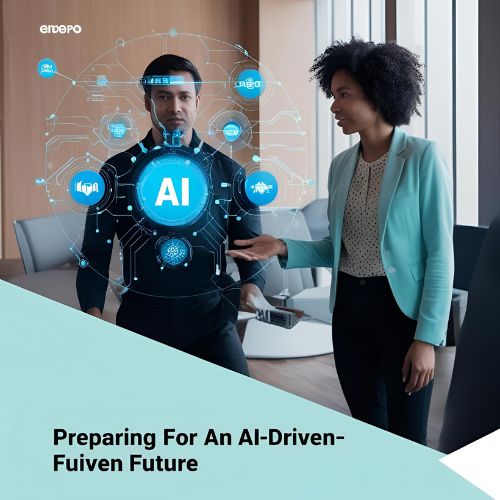
Navigating the transformative impact of AI requires a proactive and adaptable approach:
- Embrace Lifelong Learning: Continuously learning new skills and adapting to the changing demands of the job market will be crucial in an AI-driven world.
- Develop Digital Literacy: Understanding the basics of AI and its applications will be increasingly important for everyone.
- Focus on Human Skills: Skills like critical thinking, creativity, emotional intelligence, and complex problem-solving will become even more valuable in a world where AI handles more routine tasks.
- Advocate for Ethical AI Development: Supporting the development and implementation of ethical AI practices is essential for ensuring a positive future.
- Stay Informed: Keeping abreast of the latest advancements and discussions surrounding AI is crucial for understanding its impact and preparing for the future.
Conclusion: Embracing the AI Revolution Responsibly
AI is undeniably changing the way we live and work in profound ways. While it presents challenges and requires careful consideration of ethical implications, the potential benefits of this technology are immense. By embracing AI responsibly, fostering innovation, and preparing for the evolving landscape, we can harness its power to create a more efficient, productive, and ultimately, a more fulfilling future for all. The journey into the age of AI has just begun, and it’s an exciting and transformative one to be a part of.
This Article was generated by AI.

